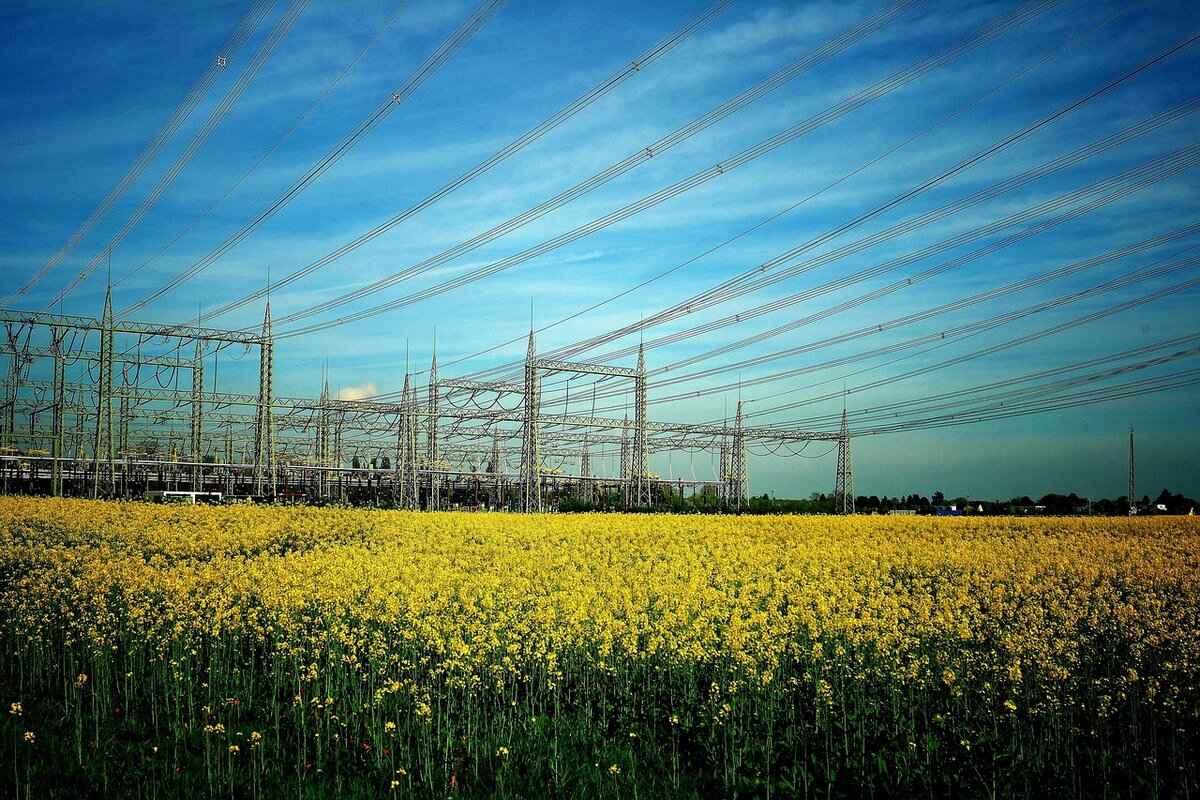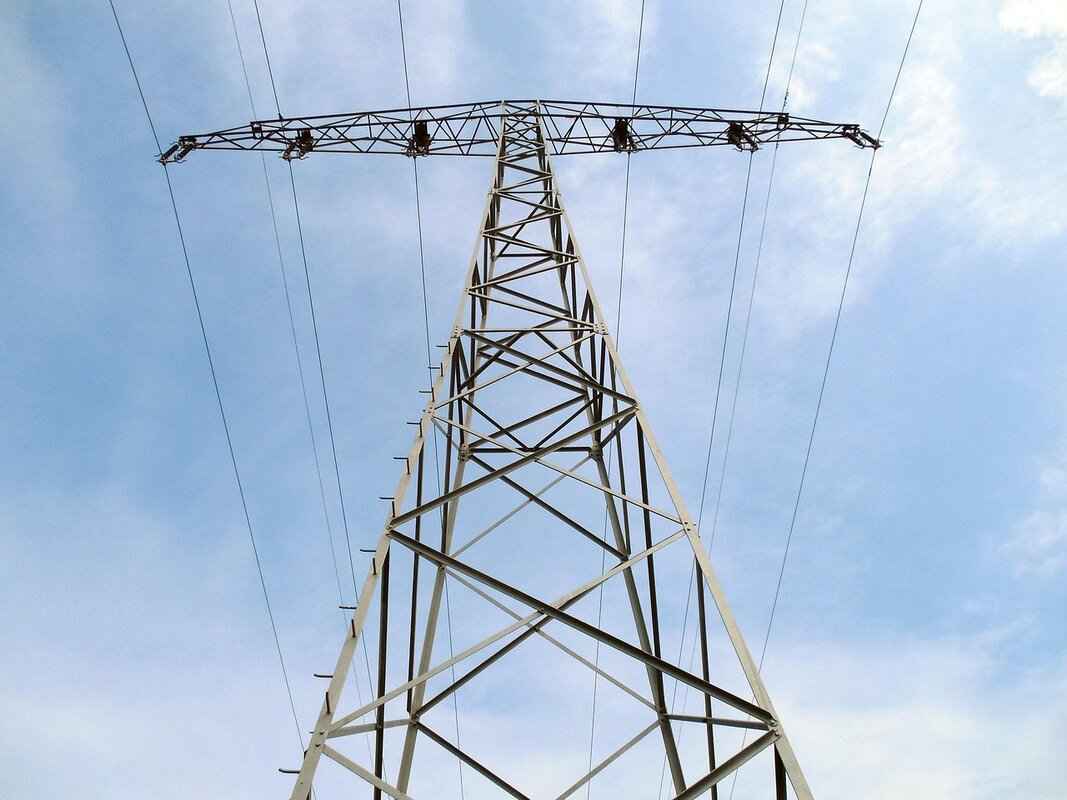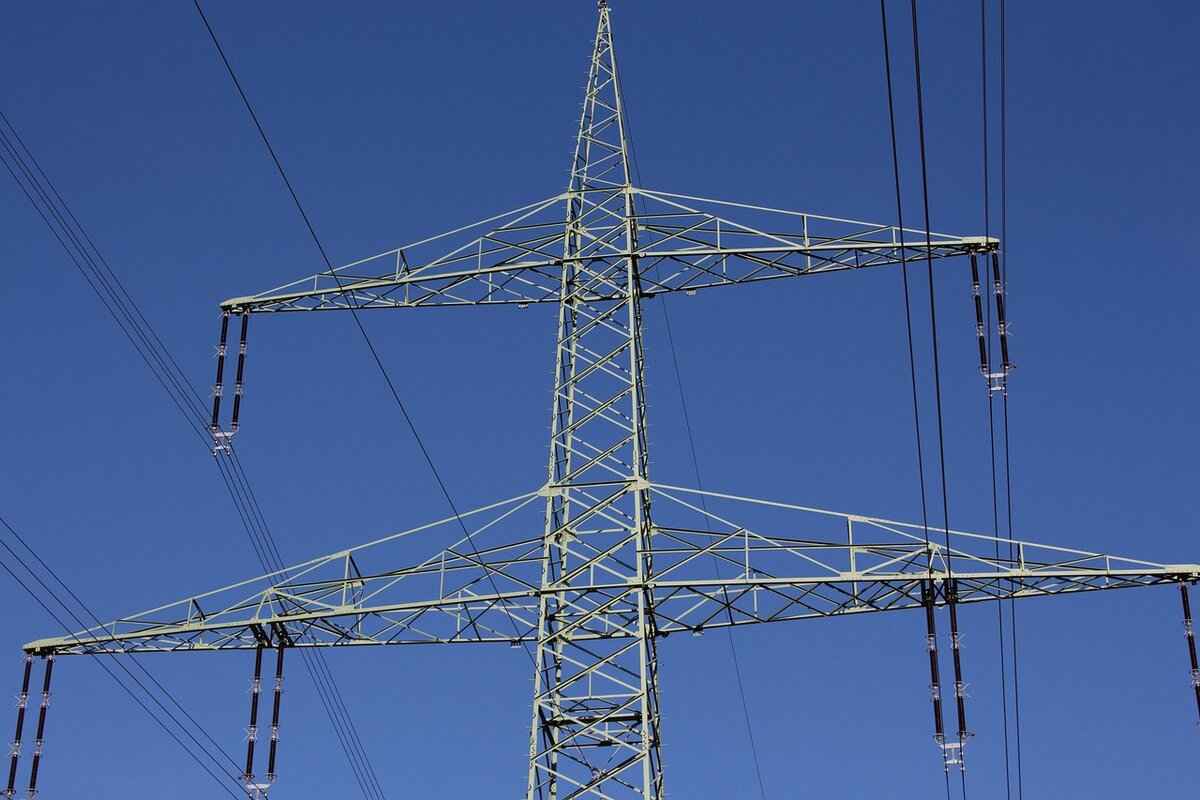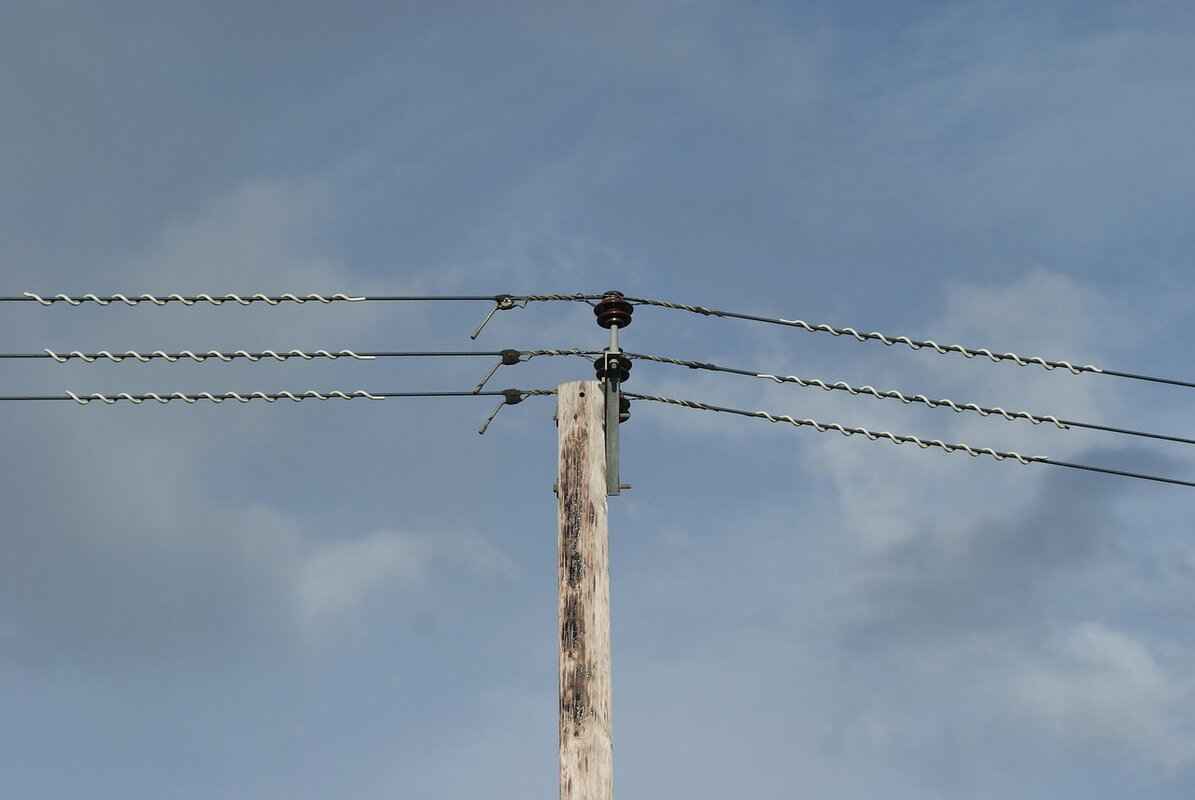This article provides a comprehensive overview of the current status of electricity supply and distribution in West Bengal. It highlights significant updates, challenges, and future initiatives aimed at enhancing service delivery in the state.
Current Status of Electricity Supply in West Bengal
West Bengal has made remarkable progress in improving its electricity supply, with a notable increase in generation capacity and infrastructure development. Currently, the state boasts a power generation capacity exceeding 15,000 MW, with efforts underway to further expand this capacity. Coverage has improved significantly, with over 99% of households now connected to the grid.
Key Players in West Bengal’s Power Sector
- West Bengal State Electricity Distribution Company (WBSEDCL) – The primary distributor of electricity in the state.
- Private Sector Entities – Various private companies contribute to power generation, enhancing competition and supply.
Challenges Facing the Power Sector in West Bengal
Despite advancements, the electricity sector in West Bengal faces several challenges:
- Power Theft – A significant issue affecting revenue and service delivery.
- Aging Infrastructure – Many facilities require upgrades to prevent frequent outages.
Future Initiatives for Power Supply Improvement
Looking ahead, several initiatives are planned to enhance electricity supply:
- Renewable Energy Projects – The state is promoting solar and wind energy to diversify its energy mix.
- Smart Grid Technology – Implementation of smart technologies aims to modernize the electricity supply chain.
Conclusion: The Future of Electricity in West Bengal
In conclusion, West Bengal’s electricity sector is on an upward trajectory with ongoing improvements and initiatives. Continuous investment and innovation are essential for meeting future energy demands and ensuring sustainable growth.

Current Status of Electricity Supply in West Bengal
West Bengal’s electricity supply landscape has undergone remarkable transformation in recent years. The state’s commitment to enhancing its energy infrastructure has resulted in improved generation capacity and more reliable distribution networks. This section provides a comprehensive overview of the current status of electricity supply in West Bengal, focusing on key statistics and coverage across the region.
Electricity Generation Capacity
As of the latest assessments, West Bengal boasts a total installed capacity of approximately 15,000 MW, which includes contributions from both renewable and non-renewable sources. The state has made significant investments in renewable energy, with solar and wind power projects rapidly increasing their share in the energy mix.
Distribution Network Coverage
The electricity distribution in West Bengal is primarily managed by the West Bengal State Electricity Distribution Company Limited (WBSEDCL). The company serves around 1.5 crore consumers, ensuring that electricity reaches both urban and rural areas. Recent initiatives have focused on expanding the reach of electricity to remote villages, with over 90% of the state’s population now having access to electricity.
| Year | Installed Capacity (MW) | Percentage of Population with Access |
|---|---|---|
| 2018 | 14,500 | 85% |
| 2020 | 14,800 | 88% |
| 2023 | 15,000 | 90% |
Challenges in Supply
Despite these advancements, the state still faces challenges such as power theft and infrastructure aging. Addressing these issues is vital for sustaining growth and ensuring reliable power supply. Ongoing efforts are focused on enhancing security measures and upgrading the existing infrastructure.
Conclusion
In summary, West Bengal’s electricity supply is on an upward trajectory, marked by increased capacity and improved access. Continued investment and strategic initiatives will be essential to meet the growing energy demands of the state and to foster sustainable development.

Key Players in West Bengal’s Power Sector
Understanding the major entities involved in electricity generation and distribution is crucial for grasping the dynamics of West Bengal’s power sector. This region’s energy landscape is shaped by a combination of state-owned enterprises and private sector participants, each playing a vital role in ensuring a stable and efficient power supply.
| Entity Type | Name | Role |
|---|---|---|
| State-Owned | West Bengal State Electricity Distribution Company (WBSEDCL) | Primary distributor of electricity across the state. |
| State-Owned | West Bengal Power Development Corporation (WBPDCL) | Responsible for electricity generation from thermal and hydro sources. |
| Private Sector | Adani Power West Bengal Limited | Major player in thermal power generation. |
| Private Sector | Renew Power | Focuses on renewable energy projects, including solar and wind. |
The West Bengal State Electricity Distribution Company (WBSEDCL) is a key player in the electricity distribution landscape. It serves a vast customer base, ensuring that electricity reaches homes and businesses efficiently. Recent initiatives by WBSEDCL aim to enhance service delivery through improved customer engagement and operational practices.
Meanwhile, the West Bengal Power Development Corporation (WBPDCL) is instrumental in generating electricity, primarily through thermal power plants. This state-owned entity is crucial for maintaining the energy supply and meeting the growing demands of the state.
On the other hand, private sector involvement has significantly increased, with companies like Adani Power and Renew Power contributing to both traditional and renewable energy generation. Their participation fosters competition and innovation, which ultimately benefits consumers.
In summary, the interplay between state-owned enterprises and private sector participants is essential for the development of West Bengal’s power sector. Understanding these key players provides valuable insights into the future of electricity supply and distribution in the region.
West Bengal State Electricity Distribution Company (WBSEDCL)
plays a crucial role in the electricity distribution landscape of West Bengal, ensuring that millions of households and businesses have access to reliable power. This section provides a detailed overview of WBSEDCL’s responsibilities, its service areas, and the recent initiatives it has undertaken to enhance customer service and operational efficiency.
WBSEDCL is primarily responsible for the distribution of electricity across the state, catering to both urban and rural regions. The company serves a vast customer base, which includes residential, commercial, and industrial consumers. With a focus on expanding its reach, WBSEDCL has made significant investments in infrastructure development, ensuring that electricity supply is not only reliable but also sustainable.
In recent years, WBSEDCL has launched several initiatives aimed at improving customer engagement and service delivery. One of the key programs is the introduction of a 24/7 customer care helpline, which allows consumers to report issues and seek assistance at any time. This initiative has significantly reduced response times for complaints and inquiries, leading to improved customer satisfaction.
Moreover, WBSEDCL has been actively working on modernizing its infrastructure through the implementation of smart grid technology. This technology enhances the efficiency of power distribution and allows for real-time monitoring of the electricity supply network. As a result, the company can quickly identify and address outages, ensuring minimal disruption to consumers.
Furthermore, WBSEDCL is committed to promoting renewable energy sources. The company has initiated projects aimed at integrating solar and wind energy into its distribution network, aligning with the state’s goals for sustainable energy development. These efforts not only contribute to environmental sustainability but also help in reducing dependency on conventional energy sources.
In conclusion, WBSEDCL’s role in electricity distribution is vital for the socio-economic development of West Bengal. Through its various initiatives, the company is striving to improve service quality and operational efficiency, ultimately benefiting consumers across the state.
Customer Service Initiatives by WBSEDCL
In an effort to meet the evolving demands of its customers, the West Bengal State Electricity Distribution Company Limited (WBSEDCL) has launched a series of innovative service initiatives. These programs are designed not only to enhance customer engagement but also to streamline the processes for complaint resolution, ensuring that customers receive timely and effective support.
- 24/7 Customer Support: WBSEDCL has established a round-the-clock customer service helpline, allowing customers to report issues or seek assistance at any time. This initiative aims to reduce response times and improve overall satisfaction.
- Mobile App for Service Requests: The introduction of a user-friendly mobile application enables customers to easily lodge complaints, track their status, and access their billing information. This digital approach promotes transparency and enhances user experience.
- Regular Customer Feedback Surveys: To better understand customer needs, WBSEDCL conducts regular surveys. The feedback collected is instrumental in shaping future services and addressing areas of concern.
- Community Engagement Programs: WBSEDCL actively participates in community outreach programs, educating customers about energy conservation and efficient usage practices. These initiatives not only empower consumers but also foster a sense of community responsibility.
- Dedicated Complaint Resolution Teams: Specialized teams have been formed to handle complaints effectively. These teams are trained to resolve issues promptly, ensuring that customer grievances are addressed with the utmost priority.
Through these initiatives, WBSEDCL is committed to enhancing customer satisfaction and building a more responsive and efficient electricity distribution network. By prioritizing customer needs and adopting innovative solutions, WBSEDCL aims to set a benchmark in the power sector.
Infrastructure Development Projects
Infrastructure improvements are crucial for ensuring a reliable power supply in West Bengal. The state’s electricity distribution network is undergoing significant upgrades to enhance efficiency and meet the growing demand for electricity. This segment discusses the ongoing and upcoming projects that aim to bolster the electricity distribution network across West Bengal.
The West Bengal government has launched a series of initiatives aimed at modernizing the electricity infrastructure. These projects focus on upgrading existing transmission lines, enhancing substation capacities, and implementing advanced technologies for better monitoring and management of the power supply.
| Project Name | Description | Status |
|---|---|---|
| Smart Grid Implementation | This project aims to integrate smart grid technology to improve efficiency and reliability in power distribution. | Ongoing |
| Substation Upgrades | Modernizing substations to increase capacity and reduce outages. | Upcoming |
| Renewable Energy Integration | Enhancing the grid to accommodate solar and wind energy sources. | Ongoing |
In addition to these projects, the government is also focusing on community engagement to ensure that local populations are informed about the changes and improvements. Public consultations and feedback mechanisms are being established to involve citizens in the planning process, ensuring that the projects meet the needs of the community.
Furthermore, the collaboration between state-owned enterprises and private sector players is expected to bring in innovative solutions and investments that will accelerate the pace of infrastructure development. By leveraging technology and expertise from various stakeholders, West Bengal aims to create a robust power distribution network that can sustain future energy demands.
In conclusion, the infrastructure development projects in West Bengal are set to significantly enhance the reliability and efficiency of the electricity supply. As these initiatives progress, they will not only improve service delivery but also contribute to the overall economic growth of the region.
Private Sector Involvement in Power Generation
The private sector’s involvement in power generation has seen substantial growth in recent years, reshaping the landscape of electricity supply in West Bengal. This transformation is driven by the need for increased efficiency, innovation, and competition in the energy market.
Private companies have significantly contributed to the electricity generation capacity in the state, introducing advanced technologies and management practices that enhance productivity. Their entry into the market has fostered a competitive environment, leading to improved service quality and reduced costs for consumers. This section explores the various dimensions of private sector participation in power generation.
- Investment in Infrastructure: Private players have invested heavily in building and upgrading power plants, transmission lines, and distribution networks. This influx of capital has accelerated the pace of infrastructure development, ensuring a more reliable power supply.
- Innovation and Technology: The introduction of cutting-edge technologies by private firms has improved efficiency in power generation. For instance, many companies are adopting renewable energy sources, which not only reduce carbon footprints but also diversify the energy mix.
- Job Creation: The expansion of private sector involvement has led to job creation in various sectors, from construction to operations and maintenance, contributing to the local economy.
- Regulatory Challenges: Despite the benefits, private companies often face regulatory hurdles that can impede their operations. Navigating the complex regulatory landscape is crucial for sustaining growth and ensuring compliance.
Furthermore, the collaboration between private and public entities is essential for achieving long-term sustainability in the power sector. By leveraging each other’s strengths, both sectors can work towards a unified goal of enhancing electricity supply and ensuring energy security for the state.
In conclusion, the private sector’s role in power generation is pivotal in shaping the future of electricity supply in West Bengal. As competition increases and more players enter the market, consumers stand to benefit from better services and lower prices, paving the way for a more sustainable energy future.

Challenges Facing the Power Sector in West Bengal
Despite notable advancements in the electricity sector, West Bengal continues to grapple with a myriad of challenges that hinder optimal performance and service delivery. This section delves into the pressing issues, including power theft, aging infrastructure, and demand-supply mismatches, that collectively impact the efficiency of electricity supply across the state.
Power Theft: A Persistent Challenge
Power theft remains a critical concern for utilities in West Bengal. It not only leads to significant revenue losses but also disrupts the overall stability of the power supply. Factors contributing to power theft include inadequate monitoring systems, lack of public awareness, and socio-economic conditions that incentivize illegal connections. To combat this issue, the government and utility companies are implementing measures such as enhanced surveillance, community engagement programs, and stricter penalties for offenders.
Aging Infrastructure: Risks and Consequences
The electricity infrastructure in West Bengal is facing the challenges of age and deterioration. Many power lines, transformers, and substations are outdated, which increases the likelihood of outages and service interruptions. Regular maintenance and timely upgrades are essential to ensure reliability. However, funding constraints and bureaucratic hurdles often delay these necessary improvements. Addressing these infrastructure issues is vital for maintaining a stable and efficient power supply.
Demand-Supply Mismatches: A Growing Concern
As the population and economy of West Bengal continue to grow, the demand for electricity is steadily increasing. However, the supply has not kept pace, leading to frequent shortages, especially during peak hours. This mismatch not only affects residential consumers but also hampers industrial growth. To mitigate this challenge, the state must invest in expanding generation capacity and diversifying energy sources, including renewable options.
In conclusion, while West Bengal’s electricity sector has made strides in recent years, addressing the challenges of power theft, aging infrastructure, and demand-supply mismatches is essential for ensuring a reliable and sustainable power supply for all residents. Continued investment and innovative solutions will be crucial in overcoming these obstacles and enhancing the overall efficiency of the electricity sector.
Power Theft and Its Implications
Power theft continues to be a major hurdle for utility companies, impacting both service delivery and financial stability. This issue is prevalent in many regions, including West Bengal, where the consequences are far-reaching. Understanding the causes, implications, and the measures being implemented to tackle this problem is crucial for the sustainability of the electricity sector.
The primary causes of power theft can be attributed to various factors, including economic disparities, lack of awareness, and inadequate infrastructure. In many cases, consumers resort to illegal connections to meet their energy needs, especially in underprivileged areas where access to electricity is limited. Additionally, the complexity of the existing power distribution systems can make it easier for theft to occur unnoticed.
The consequences of power theft are significant. Not only does it lead to substantial revenue losses for utility companies, but it also affects the overall reliability of the power supply. When utilities lose revenue, they struggle to invest in infrastructure improvements and maintenance, leading to a vicious cycle of poor service and further theft. Moreover, power theft can result in increased tariffs for honest consumers, creating a sense of injustice and dissatisfaction among the paying public.
To combat this pressing issue, utilities are implementing various measures. These include the installation of advanced metering infrastructure to detect irregularities, increased surveillance, and community awareness programs aimed at educating consumers about the implications of power theft. Additionally, some companies are exploring partnerships with local governments and NGOs to create more inclusive energy access solutions, thereby reducing the incentive for theft.
In conclusion, addressing power theft is essential for the stability of the electricity sector. Through a combination of technology, community engagement, and policy reforms, utilities can work towards minimizing losses and ensuring a reliable power supply for all consumers.
Aging Infrastructure and Maintenance Issues
The reliability of electricity supply is heavily dependent on the condition of the infrastructure that supports it. In West Bengal, infrastructure deterioration has emerged as a significant challenge, leading to frequent outages and service disruptions. This section delves into the current state of the electricity infrastructure and the maintenance efforts required to uphold its reliability and efficiency.
Many of the power lines, substations, and transformers in use today are aging and require urgent attention. A considerable portion of the infrastructure was installed decades ago, and with the increasing demand for electricity, these systems are under immense strain. The lack of timely maintenance has exacerbated the problem, contributing to outages that affect both residential and commercial consumers.
To address these issues, the West Bengal government and relevant authorities have initiated several maintenance programs aimed at upgrading and replacing outdated equipment. These initiatives include:
- Regular Inspections: Conducting routine checks on power lines and substations to identify potential failures before they occur.
- Upgrading Equipment: Replacing old transformers and circuit breakers with modern, more efficient models to enhance reliability.
- Employee Training: Ensuring that maintenance personnel are well-trained in the latest technologies and practices to effectively manage and repair infrastructure.
Furthermore, the integration of advanced technologies, such as smart grids, is being explored to improve monitoring and management of the electricity distribution network. These systems can provide real-time data on infrastructure performance, allowing for quicker response times during outages.
In conclusion, addressing the challenges posed by aging infrastructure is critical for ensuring a reliable electricity supply in West Bengal. Ongoing maintenance efforts, coupled with technological advancements, will play a pivotal role in enhancing the resilience and efficiency of the power distribution system.

Future Initiatives for Power Supply Improvement
As we look towards the future, the government of West Bengal has laid out a comprehensive roadmap aimed at enhancing the electricity supply across the state. This initiative is crucial not only for meeting the increasing energy demands of the population but also for fostering economic growth and sustainability. Below are the key initiatives planned to bolster electricity generation and distribution.
- Expansion of Generation Capacity: To address the rising demand for electricity, the government is focusing on expanding its generation capacity. This includes the construction of new power plants and upgrading existing facilities to ensure a stable and reliable supply of electricity.
- Investment in Renewable Energy: With a commitment to sustainability, West Bengal is prioritizing renewable energy projects. Initiatives include the development of solar parks, wind farms, and hydroelectric plants, aiming to diversify the energy mix and reduce dependency on fossil fuels.
- Modernization of Distribution Networks: Upgrading the distribution infrastructure is essential for minimizing outages and improving service delivery. The government plans to implement smart grid technologies that facilitate real-time monitoring and management of electricity flows.
- Enhancing Grid Connectivity: Strengthening connections between different regions will ensure efficient electricity distribution. This includes interlinking state grids with neighboring states to optimize resource sharing and improve overall grid stability.
- Public-Private Partnerships: Encouraging private sector participation in power generation and distribution is a key strategy. By fostering collaborations, the government aims to leverage private investment and expertise in enhancing service efficiency.
In conclusion, the future initiatives planned for improving power supply in West Bengal are comprehensive and forward-thinking. By focusing on renewable energy, modernization, and strategic partnerships, the state aims to create a sustainable and reliable electricity supply that meets the needs of its residents and supports economic development.
Renewable Energy Projects in West Bengal
The transition to renewable energy sources in West Bengal is not just a trend; it represents a crucial shift towards sustainability and energy security. With the increasing demand for electricity and the need to reduce carbon emissions, the state is actively investing in solar, wind, and hydroelectric projects to diversify its energy portfolio.
In recent years, West Bengal has launched several initiatives to harness the power of solar energy. The government has implemented policies that encourage the installation of solar panels on residential and commercial buildings. This not only helps in generating clean energy but also reduces electricity costs for consumers.
- Solar Parks: The establishment of solar parks is a key focus area. These parks are designed to maximize solar energy production, making it easier for developers to invest in large-scale solar projects.
- Wind Energy: Wind energy is another vital component of West Bengal’s renewable strategy. The state is exploring potential sites for wind farms, particularly in coastal areas where wind speeds are favorable.
- Hydroelectric Projects: West Bengal is also leveraging its river systems for hydroelectric power generation. Small and medium-sized hydro projects are being developed to tap into this resource.
Moreover, the state government is actively promoting public awareness campaigns to educate citizens about the benefits of renewable energy. By engaging the community, West Bengal aims to foster a culture of sustainability and encourage more individuals and businesses to adopt renewable technologies.
In conclusion, the emphasis on renewable energy projects in West Bengal is a testament to the state’s commitment to a sustainable future. By diversifying its energy mix through solar, wind, and hydroelectric initiatives, West Bengal is not only addressing its energy needs but also contributing to global efforts against climate change.
Smart Grid Technology Implementation
In today’s rapidly evolving energy landscape, smart grid technology emerges as a critical component for modernizing the electricity supply chain. This innovative approach integrates advanced digital communication and automation technologies into the existing power distribution systems. In West Bengal, the implementation of smart grid technologies is set to revolutionize the way electricity is generated, distributed, and consumed, leading to significant improvements in both efficiency and reliability.
The integration of smart technologies involves the use of real-time data collection and analysis, which allows for better monitoring of electricity flows and demand patterns. This capability enables utilities to respond swiftly to outages and other issues, minimizing downtime and enhancing service quality. Furthermore, smart grids facilitate the incorporation of renewable energy sources, allowing for a more sustainable energy mix that aligns with global environmental goals.
One of the key features of smart grid technology is its ability to empower consumers through smart meters. These devices provide real-time information on energy usage, enabling customers to make informed decisions about their consumption. As a result, users can optimize their energy use, potentially leading to cost savings and reduced environmental impact.
Moreover, smart grids enhance the resilience of the power distribution network by utilizing automated systems that can quickly isolate faults and reroute power as needed. This capability is crucial in a state like West Bengal, where weather-related disruptions can impact electricity supply.
In conclusion, the implementation of smart grid technology in West Bengal’s power distribution system is not merely an upgrade; it represents a fundamental shift towards a more efficient and reliable electricity supply chain. As these technologies continue to evolve, they will play a pivotal role in shaping the future of energy in the region, ensuring that it meets the demands of a growing population while supporting sustainability initiatives.

Conclusion: The Future of Electricity in West Bengal
In the dynamic landscape of energy, West Bengal’s electricity sector is undergoing transformative changes that promise to enhance both supply and distribution. The state’s commitment to improving its energy infrastructure is evident through various initiatives aimed at modernizing existing systems and integrating sustainable practices. As the demand for electricity continues to rise, it is essential for West Bengal to adapt and innovate.
The government is actively investing in renewable energy sources, recognizing the importance of diversifying the energy mix. This shift not only aims to reduce reliance on conventional fossil fuels but also aligns with global sustainability goals. The introduction of solar, wind, and hydroelectric projects is a testament to this commitment, paving the way for a greener future.
Furthermore, the implementation of smart grid technology is set to revolutionize the electricity distribution framework. By enhancing communication between suppliers and consumers, smart grids can optimize energy use, reduce outages, and improve overall efficiency. This technological advancement is crucial for addressing the challenges posed by an aging infrastructure.
Despite these positive developments, the sector still faces significant hurdles, including power theft and infrastructure deterioration. Addressing these issues is vital for ensuring that the benefits of recent investments are fully realized. The state is putting measures in place to combat power theft, which not only affects revenue but also hampers service delivery.
In summary, the future of electricity in West Bengal looks promising, driven by strategic investments and innovative technologies. As the state continues to evolve, it is imperative that stakeholders collaborate to create a robust and sustainable energy framework. This will not only meet the growing demands of the population but also ensure that West Bengal remains at the forefront of energy advancements in India.
Frequently Asked Questions
- What is the current status of electricity supply in West Bengal?
The electricity supply in West Bengal has improved significantly, with enhanced generation capacity and better infrastructure. The state is working towards ensuring a reliable power supply to all its residents.
- Who are the key players in West Bengal’s power sector?
Major players include the West Bengal State Electricity Distribution Company (WBSEDCL), various private sector companies, and state-owned enterprises, all contributing to the electricity generation and distribution landscape.
- What initiatives has WBSEDCL introduced for customer service?
WBSEDCL has launched several customer service initiatives aimed at improving engagement and streamlining complaint resolution processes, ensuring that customers receive timely assistance.
- What challenges does the power sector in West Bengal face?
Challenges include power theft, aging infrastructure, and mismatches between demand and supply, all of which require ongoing attention and innovative solutions to overcome.
- What future initiatives are planned to improve power supply?
Future initiatives focus on increasing generation capacity through renewable energy projects and implementing smart grid technology to modernize the electricity distribution system.















